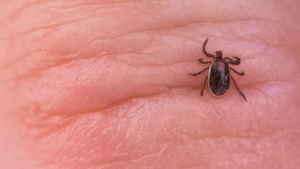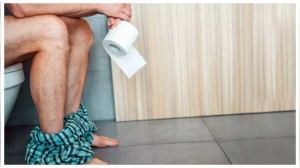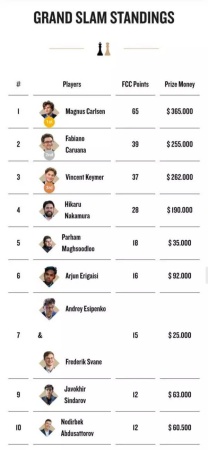Wimbledon, the world's oldest and arguably most prestigious tennis tournament, was established in 1877. Its identity is closely linked to its stringent dress code. The rule mandates that all competitors' clothing must be almost entirely white, allowing for only a 10mm trim of color.
The tradition of wearing all white at Wimbledon originated in the 1870s, during the Victorian era. Back then, any visible sign of perspiration was considered unseemly and inappropriate.
The primary aim of the all-white rule was to minimize the visibility of sweat marks and help players stay cooler during summer matches. Over time, this practical consideration evolved into a celebrated tradition deeply embedded in Wimbledon's history. While the rule remains largely unchanged, it has undergone some updates over the years.
Several influential figures in tennis, including Billie Jean King, Judy Murray, and Heather Watson, have voiced concerns about the discomfort that white undershorts can cause for female players during menstruation. Consequently, in 2023, the All England Club revised its policy to permit players to wear dark-colored undershorts, provided they are not visible beyond the hemline of the shorts or skirt.
Dress code controversies are not a new phenomenon at Wimbledon. In 1949, Gertrude Moran faced criticism for revealing her undergarments. Andre Agassi, famous for his unconventional tennis outfits, famously boycotted Wimbledon in the 1980s in protest against the all-white dress code.
Tennis icon Roger Federer caused a stir in 2013 when he sported white shoes with orange soles. Wimbledon officials requested that he refrain from wearing them again, leading Federer to describe the rules as "too strict."
More recently, in 2017, Venus Williams was instructed to change her attire during a rain delay because her fuchsia bra straps were showing.
In 2023, Wimbledon relaxed its regulations, allowing women to wear darker shorts under their skirts, following concerns raised by several players regarding the discomfort of wearing white shorts during their menstrual cycle.
The AELTC issued a statement emphasizing that "Prioritising women’s health and supporting players based on their individual needs is very important to us. We are in discussions with the WTA, with manufacturers, and with the medical teams about the ways in which we can do that.”
Newer articles
Older articles
 iQoo Z9 Turbo: Rumored Specs Emerge – Snapdragon 8s Gen 3, 6000mAh Battery Highlighted
iQoo Z9 Turbo: Rumored Specs Emerge – Snapdragon 8s Gen 3, 6000mAh Battery Highlighted
 UNESCO's World Heritage Wonders: Unveiling 10 Iconic Sites, From Petra to the Pyramids
UNESCO's World Heritage Wonders: Unveiling 10 Iconic Sites, From Petra to the Pyramids
 Tick Bite Paralyzes Fitness Influencer: A Wake-Up Call for Outdoor Enthusiasts
Tick Bite Paralyzes Fitness Influencer: A Wake-Up Call for Outdoor Enthusiasts
 Shadman Islam Defends Bangladesh Batters After Day 1 Struggles Against Sri Lanka
Shadman Islam Defends Bangladesh Batters After Day 1 Struggles Against Sri Lanka
 JPG to PDF: A Comprehensive Guide for Graphic Designers & Professionals
JPG to PDF: A Comprehensive Guide for Graphic Designers & Professionals
 England's Bold Claim: Could They Have Chased Down 450 Against India?
England's Bold Claim: Could They Have Chased Down 450 Against India?
 5 Often-Missed Warning Signs of Bladder Cancer You Need to Know
5 Often-Missed Warning Signs of Bladder Cancer You Need to Know
 Freestyle Chess Grand Slam Loses India Leg: Sponsorship Issues Sideline Magnus Carlsen
Freestyle Chess Grand Slam Loses India Leg: Sponsorship Issues Sideline Magnus Carlsen
 Ashada Gupt Navratri 2025: Dates, Hidden Significance, and Sacred Rituals Unveiled
Ashada Gupt Navratri 2025: Dates, Hidden Significance, and Sacred Rituals Unveiled
 KL Rahul Puts Country First, Prioritizes England Tests Over Newborn Child
KL Rahul Puts Country First, Prioritizes England Tests Over Newborn Child